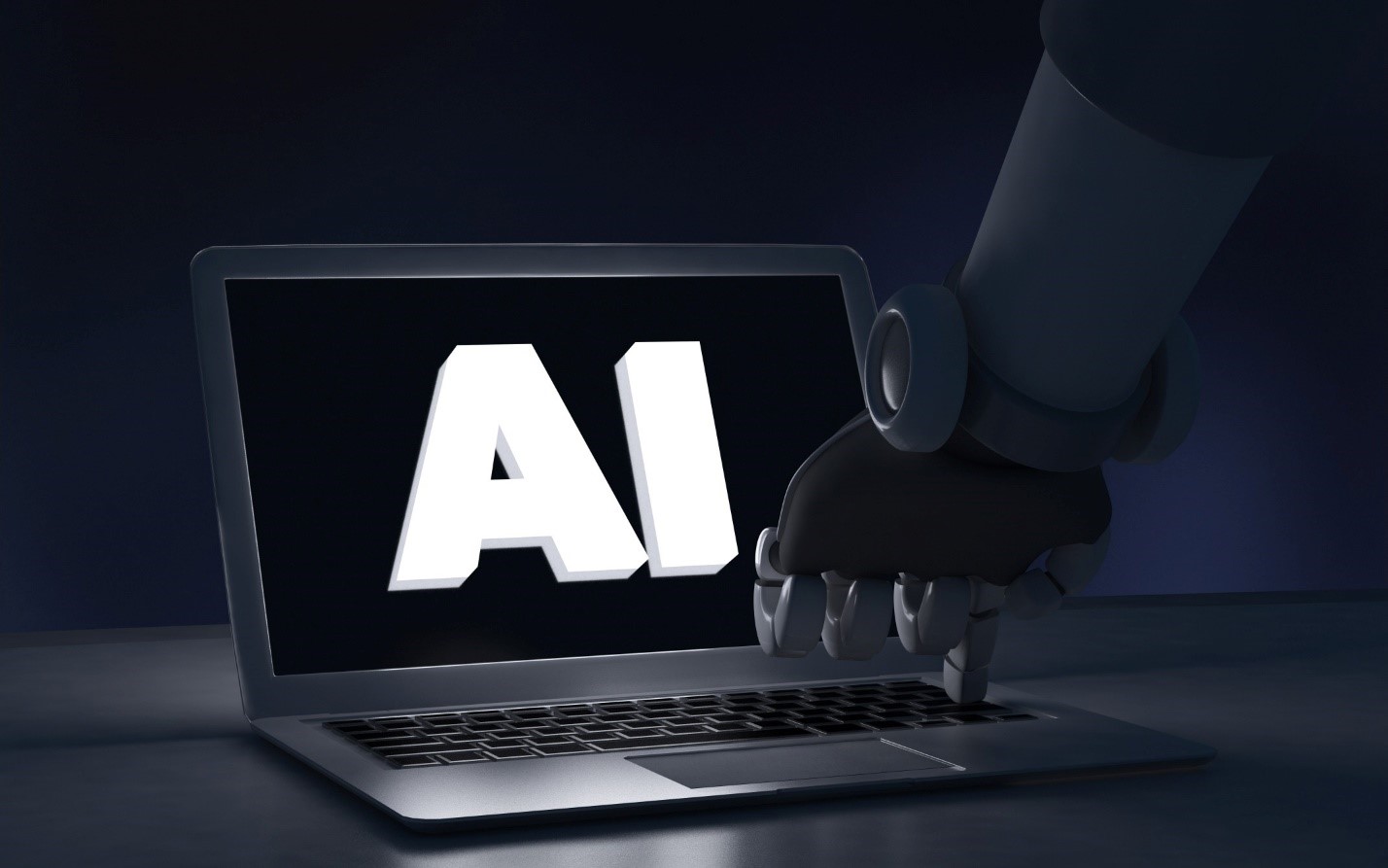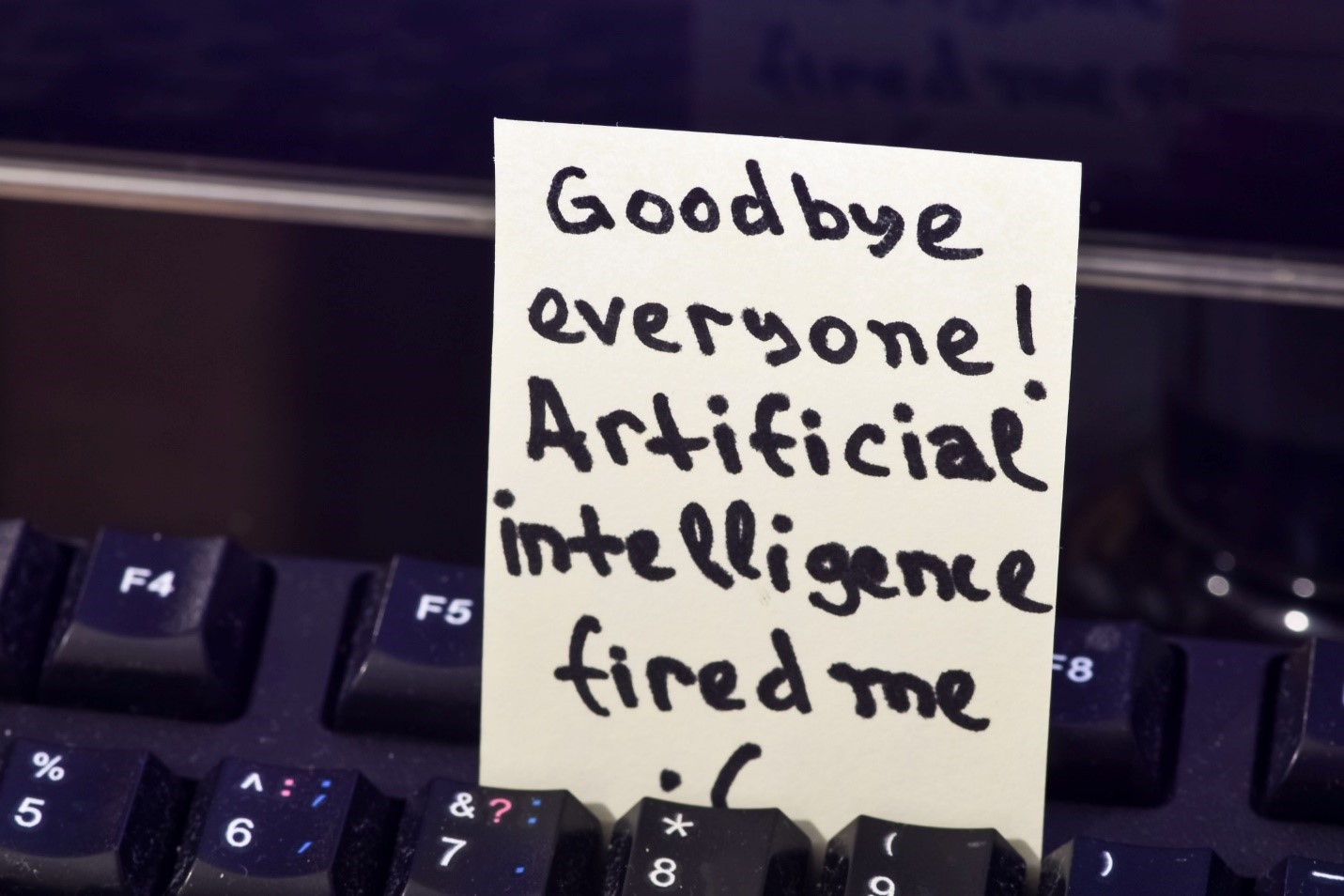3 Reasons AI/Machine Learning Will Never Replace Salespeople

Austrian economist Joseph Schumpeter coined the term “creative destruction” in 1942 to describe how technological advances increase productivity in any endeavor but simultaneously destroy part of it as well. At its essence, it means we have to dismantle the current way of thinking and doing things in order to progress – and this means even entire professions could be wiped out in the process (horse and buggy drivers after the automobile, for instance).
The term currently favored by pundits who cover artificial intelligence and machine learning is “disruption” and there is plenty of chatter about how salespeople will be replaced by chatbots and other AI-driven tools. While this might appeal to business owners who would love a fully automated salesforce they can turn on and off with a switch, I think the following reasons will show that employment aptitude tests, sales training, and smart incentive plans for humans are here for the long haul in complex B2B sales.
1. Selling requires emotional intelligence
While they might provide insight in how to communicate to certain buyers (like Crystalknows), automated systems powered by AI cannot pick up on subtle emotional cues that humans can, such as eye contact, posture, voice intonation, etc. They lack intuition and empathy, so cannot fully step into a buyer’s shoes and come up with creative solutions like a top human salesperson could. Furthermore, an AI bot cannot be given an employment aptitude test and improve on their own personality weaknesses, it would require a programmer to correct course if the algorithms go awry.
There is something we call the Buyer’s Shift. It is the moment when a prospect switches into buying mode during a sales conversation. It can be nearly imperceptible because it is revealed through minute changes in the way a prospect carries their arms, leg position, speech rhythm and speed, and even dilation of pupils. Selling can be very nuanced, and the “vibe” is important – a machine just cannot pick up on this. Top salespeople do it all the time.
2. Machines cannot truly interact with a prospect socially
While we all might enjoy “speaking” with Alexa or Siri, no one is going to claim this is as satisfying or nourishing to the soul as interacting with a flesh-and-blood human. Some of the things revealed in an employment aptitude test are interpersonal trust, empathy, and charisma for good reason: they form the basis of social interactions and therefore salesmanship. The better one can socialize, the better one can sell.
There is little chance for a bot to run into a prospective buyer at the clubhouse before the back nine. Yet this sort of interaction is the way a lot of deals get started today. A machine cannot relate an anecdote about a colleague, ask about a sick family member, talk about their upbringing, or explore common values because it doesn’t have none of these emotions. That makes it very hard to form the strong connection needed to pull off complex sales.
3. They do not possess a drive, hunger, and passion to sell
For many, sales is much more than a way to earn a lucrative paycheck. Employment aptitude tests confirm that the best salespeople are self-motivated, and much of this motivation comes from the sheer “thrill of the hunt.” For the elite, the excitement of generating and pursuing leads and taking them all the way to the close, despite obstacles, can be as rewarding as a large commission check. They like winning, they like achievement, and the recognition of peers and family.
So, while an artificial intelligence-powered “salesperson” might be relentless in pursuing leads, it lacks a real purpose for doing so beyond following instructions. The internal fire and passion to succeed possessed by champions will never be replicated by a machine, and that is what produces greatness in all fields.
A machine will sell because it is told to. An elite salesperson will sell because they are inspired to. And that makes a big difference.
Where AI beats humans
I hope I have made the case for the importance of real-life human salespeople. That being said, I am also very excited about how AI and machine learning will help salespeople perform even better, because they do a better job than we can!
Chatbots do very well at things like answering common questions and guiding prospects to resources at the top of the funnel, or in providing customer service help for the most prevalent issues faced by existing clients. They free up a lot of time taking these tasks away from salespeople.
I believe AI will also help tremendously in identifying hot prospects by monitoring intent data as prospects research business solutions online. Salespeople will be notified via SMS or other mechanisms that a buyer appears ready for a conversation with a salesperson based on their online activity. This allows sellers to pull the trigger immediately on those likeliest to buy, rather than devote so much time to hunting for and nurturing leads. Marketing technology companies are investing heavily in this area, and the results become better with each new product and update.
AI and machine learning are playing an ever-increasing role in sales and marketing and it’s a very good thing. There will be some “creative destruction” involved. But don’t worry about job security – salespeople will be more in demand than ever to capitalize on the leads uncovered by our friendly neighborhood bots!




